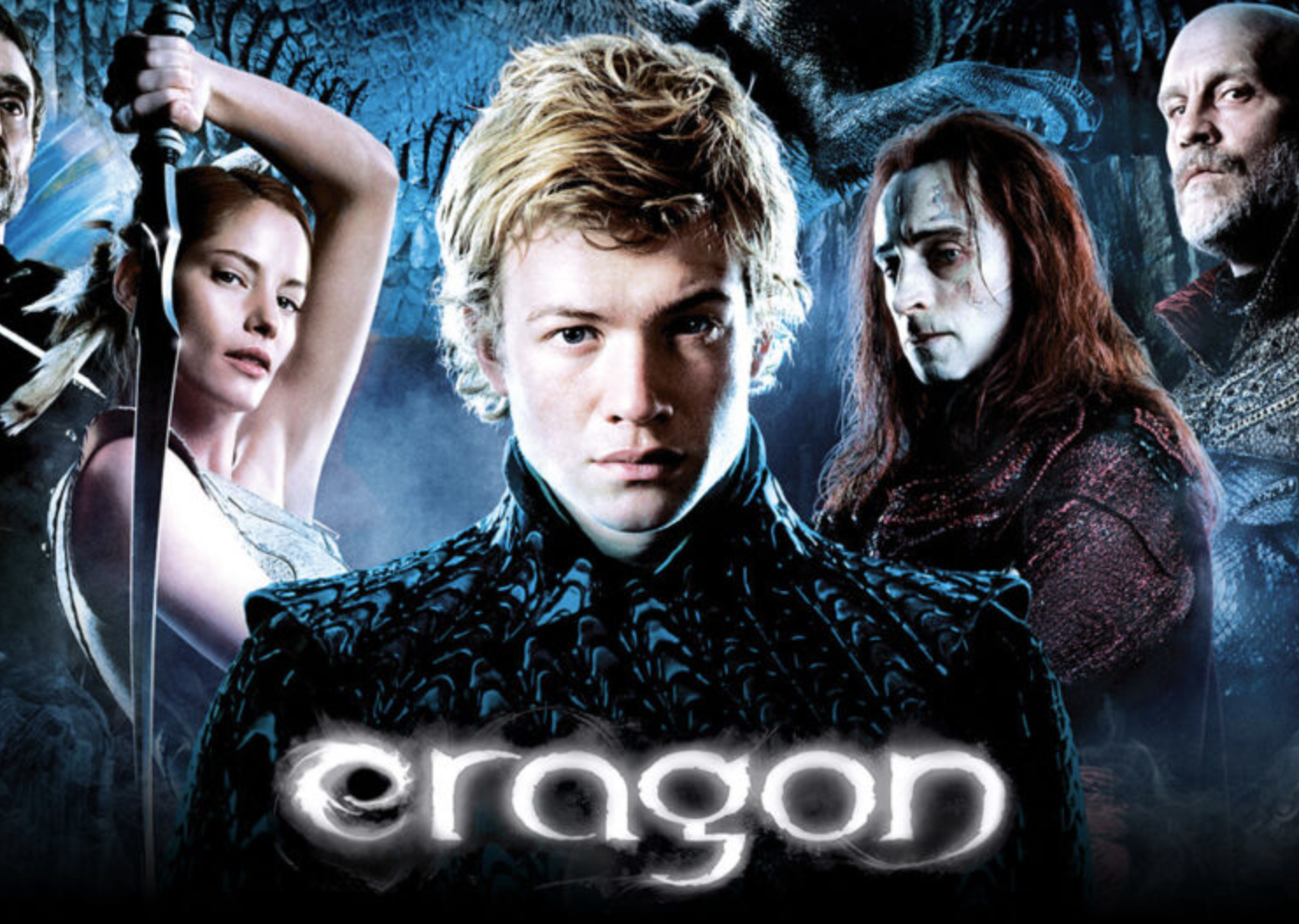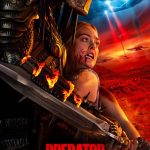The Fire Returns — “Eragon 2: The Legend Continues” (2026)

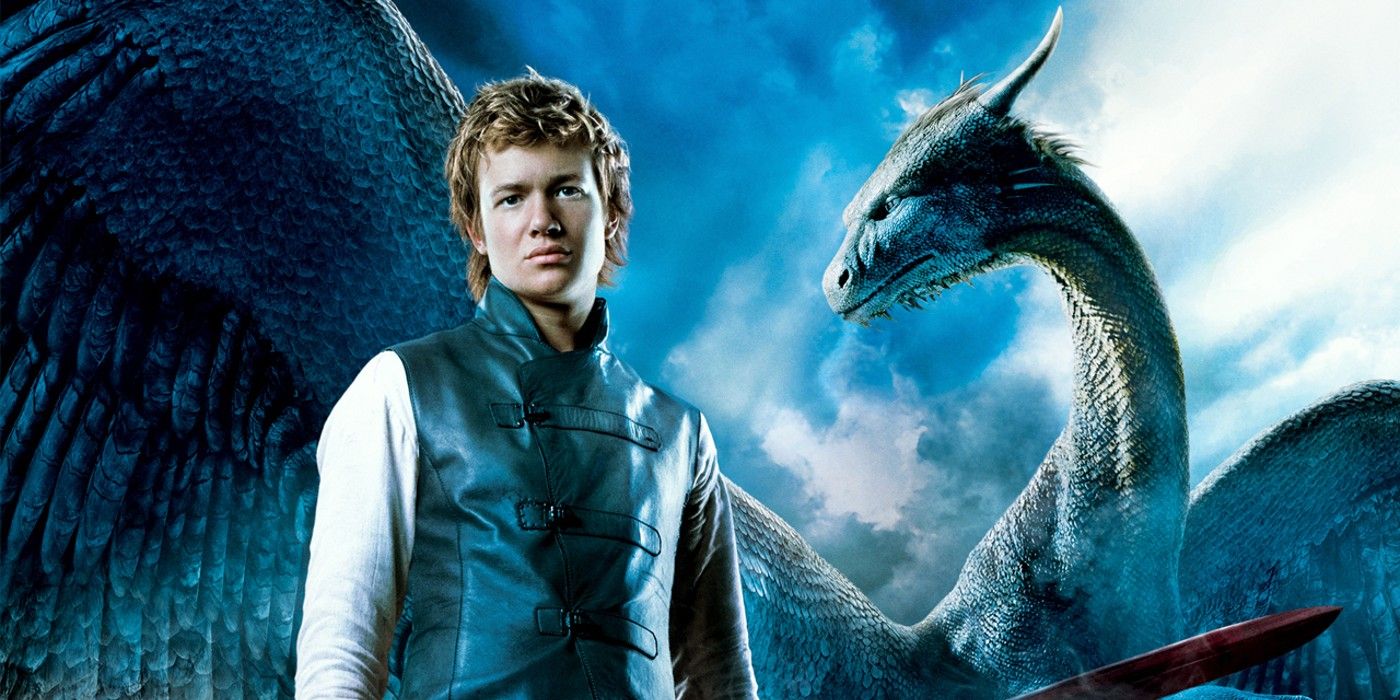
Ed Speleers returns as Eragon, older now, tempered by regret and wisdom. The once wide-eyed farm boy turned dragon rider has become a weary guardian of a dying age. Magic, once flowing like a river through Alagaësia, has withered into myth. Kingdoms war not for freedom, but for fragments of power. And yet, when a single egg — shimmering with ancient light — hatches after decades of silence, Eragon feels the pulse of destiny stir once more.
The new dragon, smaller, wild, and untamed, mirrors the broken world it was born into. Its fire is unpredictable — beautiful and dangerous in equal measure. In nurturing it, Eragon rediscovers the courage he thought he’d lost, and the bond between rider and dragon once again becomes the heart of the tale: the language of trust spoken through flame and flight.
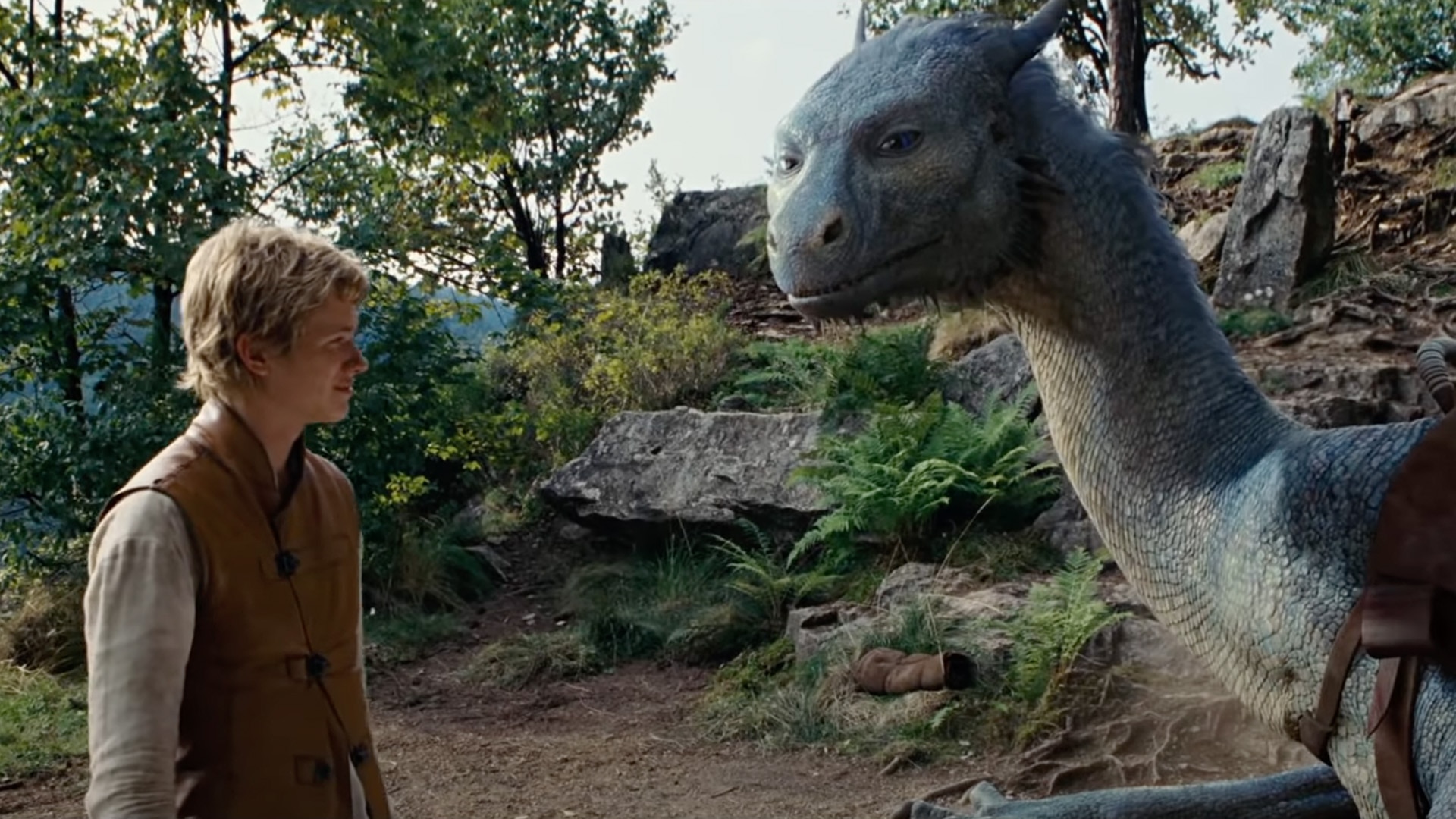
Sienna Guillory returns as Arya, now both queen and warrior, bearing the scars of leadership and love. Her connection with Eragon is deeper, quieter — forged not by youth’s passion, but by years of sacrifice. Together they navigate a world unraveling, each choice they make echoing the question that defines them: what is worth saving when all hope seems lost?
Jeremy Irons’ Brom, reborn in spirit, becomes the voice of memory — a spectral mentor whose words carry the weight of legend. His presence is fleeting yet profound, a reminder that wisdom never truly dies; it lingers, guiding those brave enough to listen.
Director Denis Villeneuve (in a visionary turn for the franchise) crafts a world that feels both ancient and reborn. Vast deserts shimmer like molten glass, ruined citadels rise from the ashes of forgotten empires, and skies ignite with the dance of dragonfire. Every frame feels painted with reverence — a cinematic hymn to fantasy itself.
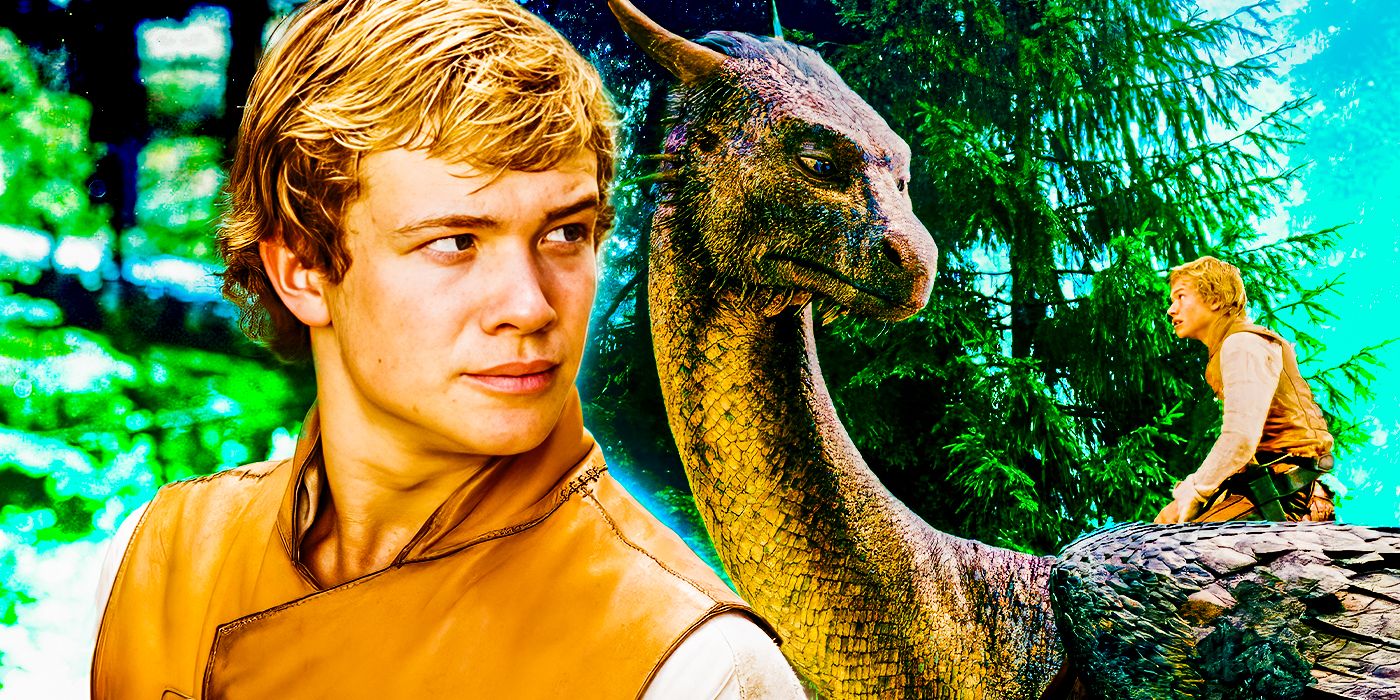
What sets Eragon 2 apart is its emotional depth. Beneath the spectacle lies a story of grief and renewal. The dragons are not just creatures of power, but symbols of hope — embodiments of a world’s lost heartbeat. When Eragon flies again for the first time, the sequence feels less like an action scene and more like a prayer answered.
The music, composed by Howard Shore, carries the soul of the film — sweeping, ethereal, and achingly human. It rises and falls like the beating wings of destiny, blending choral whispers with the thunder of war drums. Each note feels alive with memory, as if the soundtrack itself remembers the old songs of Alagaësia.
Speleers gives the performance of his career — soulful, scarred, and quietly heroic. His Eragon is no longer chasing prophecy; he is enduring it. Guillory, radiant and resolute, brings grace to Arya’s strength, while the dragon’s performance (a marvel of digital artistry and motion capture) conveys pure, wordless emotion — loyalty, loss, and love in its most primal form.
